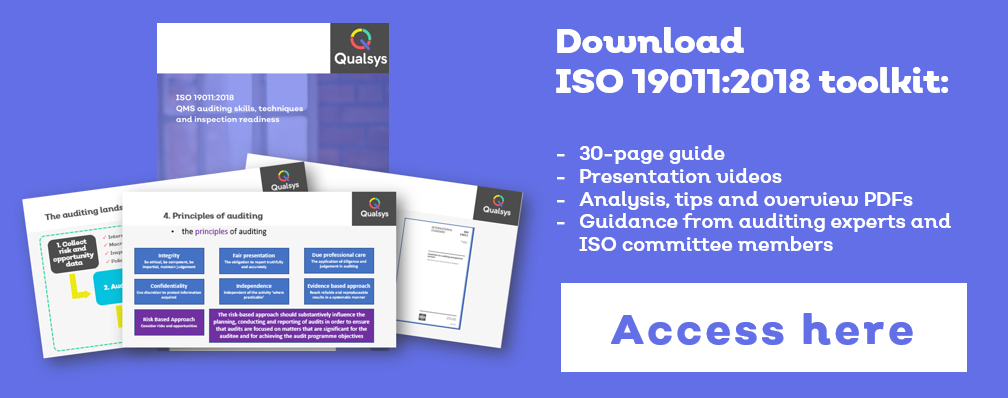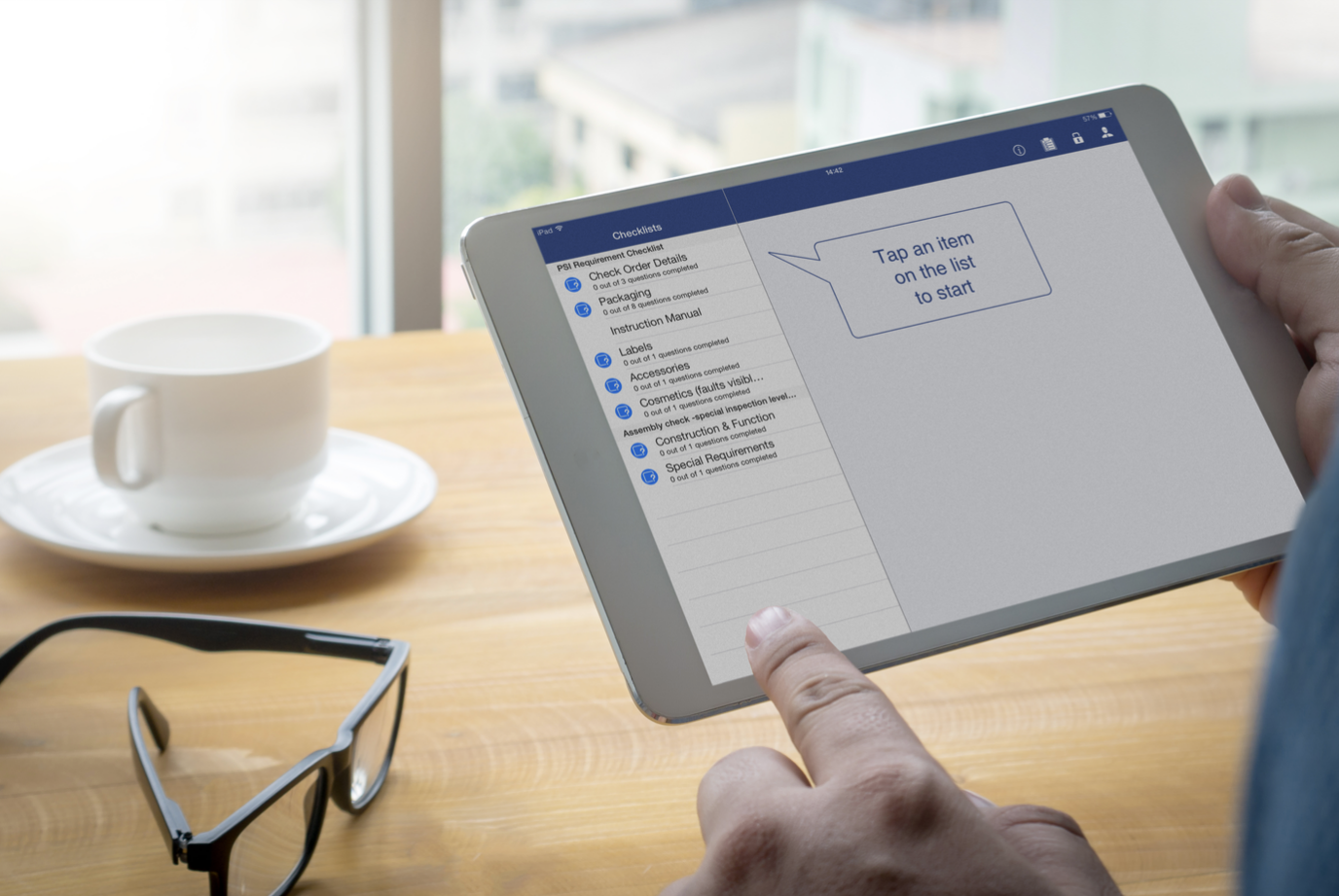Want to contribute to this article?
Discovering new improvement opportunities is one of the major benefits of auditing, and one of the best ways to identify process failures.
Qualsys management system health check data indicates businesses who have a routine audit program find on average two improvement opportunities per audit.
Still, while many businesses recognise the powerful impact of auditing, the complexity of managing an audit program is often overlooked.
In this article, we have shared three common internal auditing mistakes to avoid.

#1 Underestimate the importance of real auditing skills
The best auditors have a perfect blend of skills such as empathy, business acumen, regulatory knowledge, analytical, and communication. Too often, organisations recruit an audit manager without giving them fundamental training and a structured personal development plan. This means an auditor is recruited and they don't have the skills to make real business improvement. They feel frustrated, your business misses opportunities. IRCA and other training providers offer cost-effective training to help internal auditors to develop their skills.

Image: Audit Manager by Qualsys
#2 Underestimate the resource requirement
When planning an internal audit program, many businesses get overly optimistic about the volume and length of audits. Auditing can take a long time. Once an issue or an opportunity has been identified, it needs to be resolved or implemented.
It's important to continually review:
- Is the audit program working?
- Is the wider business engaged with the audit program? Are they making sufficient time?
- Do the audit team feel empowered?
- Who is going to manage the audit program?
- What will be the cost of the audits?
- How will we coordinate, schedule and manage the audits?
- What tools are we going to need?
- How long will the audits take?
- How will we ensure actions and recommendations are reviewed and implemented?
#3 The big bad auditor mindset
It's difficult to be an auditor and not get labelled as the "big bad auditor". A culture of quality improvement requires everyone to understand it's not personal - the audit is designed to help the business and support them to improve in their roles.
Effective auditing requires a holistic and integrated approach. The wider business must help the audit program:
- Proactively sharing important data such as near-miss, incident, ideas, customer complaints etc. using tools such as Kiosk
- Being open, honest, supportive and available to the audit team
Auditors can help prevent 'personal branding' issues by providing training to leadership and wider business. Sharing the expectations early and often can go a long way to engaging the business with your needs.
What to do now:
If you're interested in more articles about ISO 19011 :2018 audit program management, download our toolkit: https://quality.eqms.co.uk/iso-19011-2018-cqi-yorkshire-slides-materials








Share your thoughts on this article